![Some strange things can happen to the eyes [Health] Some strange things can happen to the eyes [Health]](https://static.netnaija.com/i/MX7yXkJmK83.webp)
Our eyes are incredible organs that let us see the world around us.
Most of the time, our eyes work perfectly without us even thinking about them. But sometimes, things can go wrong.
We often hear about common eye problems like blurry vision or needing glasses. But there are other eye conditions that are much rarer and stranger.
From extra pupils to eyes that glow in the dark, there are some truly odd things that can happen to our eyes. These strange eye conditions can be caused by different things, like genetics, injuries, or even diseases. Some of these conditions might not cause any problems, while others can affect how well you see.
Here are five strange things that can happen to your eyes:
1. Crying blood (Haemolacria)
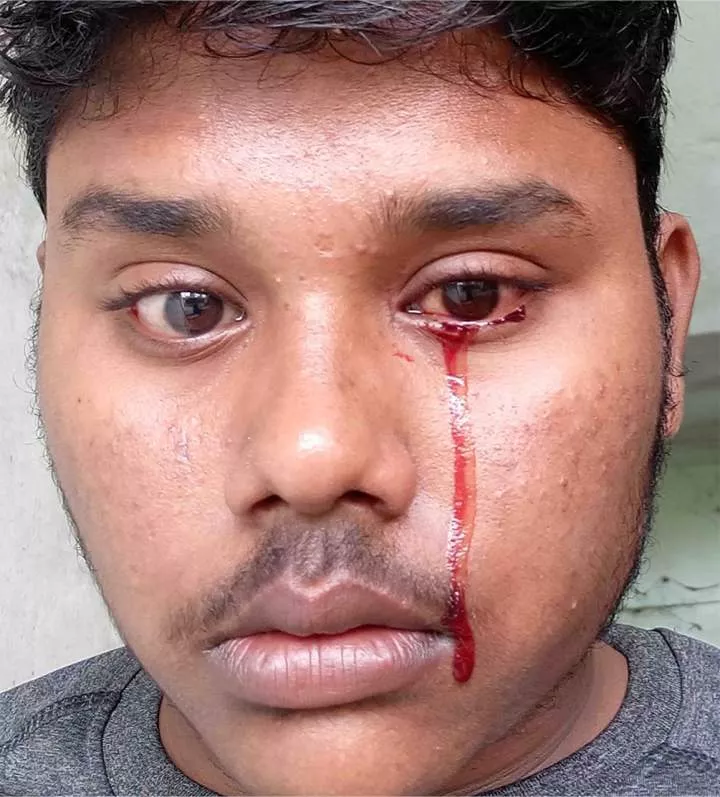
This is an incredibly rare condition that causes people to literally cry tears of blood. It can be caused by a number of factors, including blocked tear ducts, conjunctival (eye surface) trauma, or tumours of the lacrimal gland (the gland that produces tears).
It sounds scary, but haemolacria is usually not serious and can be treated by addressing the underlying cause.
2. Eye paralysis
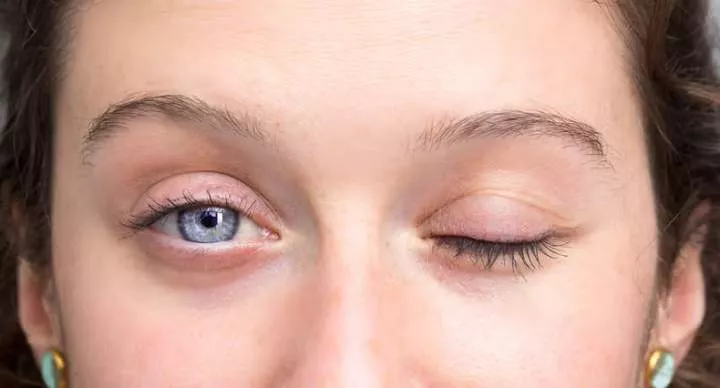
Imagine waking up one morning and being unable to move your eye. This can be a terrifying experience, but eye paralysis, also known as ophthalmoplegia, is usually not a sign of anything serious. It can be caused by several factors, including infections, neurological conditions, and even migraines. In most cases, eye paralysis is temporary and will resolve on its own within a few weeks or months.
3. Hippus
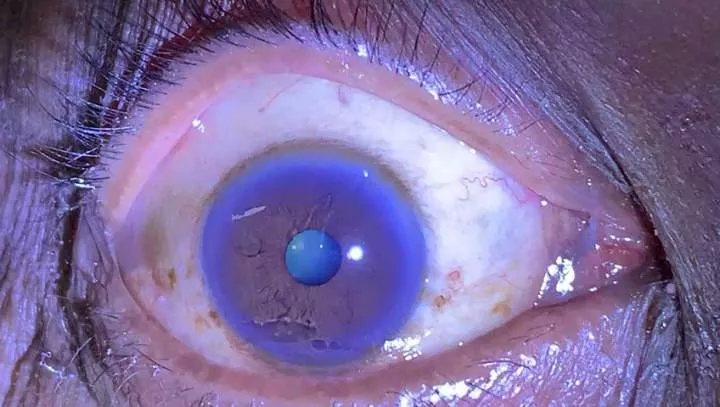
Hippus is a condition that causes the pupils to dilate and constrict rapidly in an involuntary way. It can be caused by brain injury, drug use, and certain medications. Hippus can also be a symptom of a more serious underlying condition, such as brainstem tumours or encephalitis. If you experience hippus, it is important to see a doctor to determine the cause.
4. Eye tumours
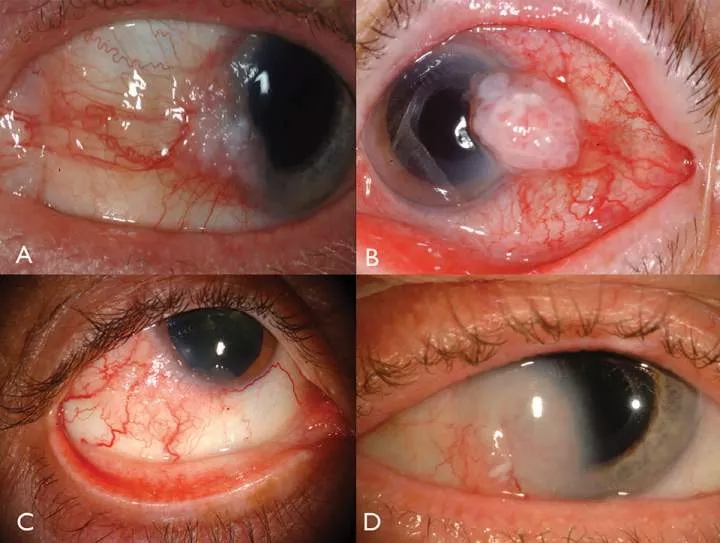
While eye tumours are relatively rare, they can occur. There are two main types of eye tumours: primary eye tumours, which originate in the eye itself, and secondary eye tumours, which spread to the eye from another part of the body. Most eye tumours are benign (noncancerous), but some can be malignant (cancerous). Early detection and treatment are essential for improving the chances of a successful outcome. If you notice any changes in your vision, such as new floaters, blurred vision, or a bulging eye, see a doctor right away.
5. Ocular herpes
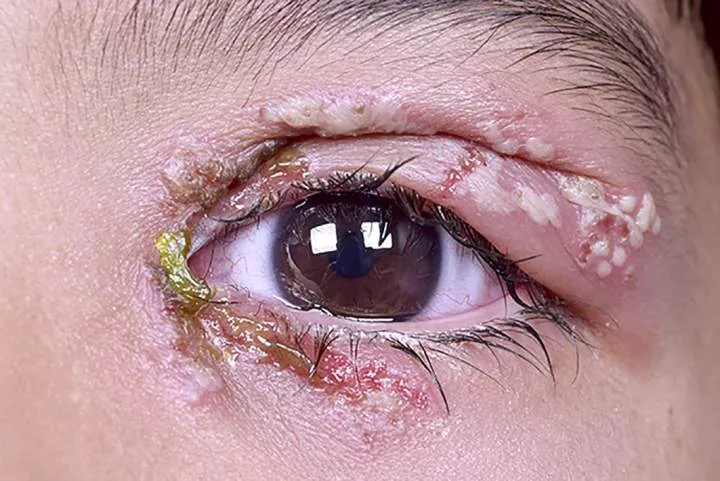
Ocular herpes is a viral infection of the eye that can be caused by the herpes simplex virus (HSV) or the varicella-zoster virus (VZV, the virus that causes chickenpox and shingles). Ocular herpes can cause a variety of symptoms, including redness, pain, light sensitivity, and blurred vision. In severe cases, it can lead to permanent vision loss. There is no cure for ocular herpes, but there are medications that can help to control the symptoms and prevent outbreaks.
6. Red eyes in albinos
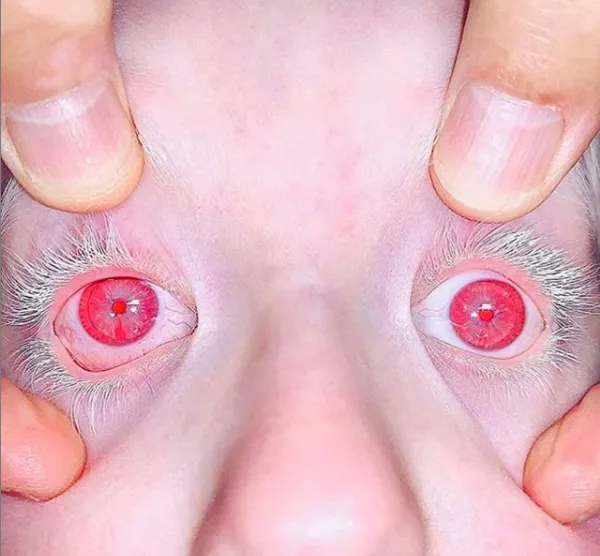
Albinism is a rare genetic condition that reduces the production of melanin, the pigment that gives skin, hair, and eyes their colour. People with albinism often have very light skin, hair, and irises. The red colour in the eyes of people with albinism is due to the fact that the blood vessels in the iris are more visible because there is less pigment to obscure them. While red eyes are not a health problem in and of themselves, people with albinism are more sensitive to light and are at an increased risk of developing vision problems.
If you experience any unusual eye symptoms, it is always best to see a doctor to get a diagnosis and treatment plan. Early detection and treatment can help to prevent serious complications and preserve your vision.






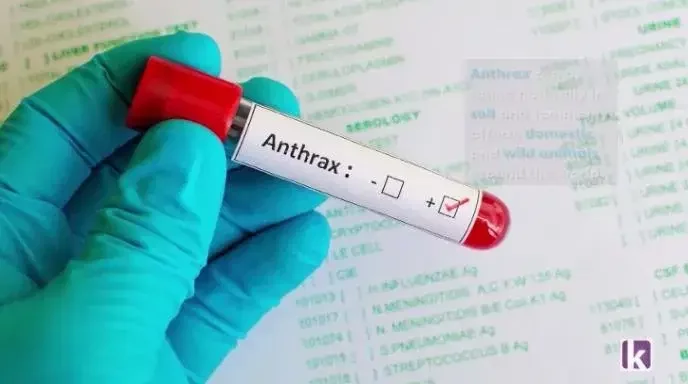









Comments